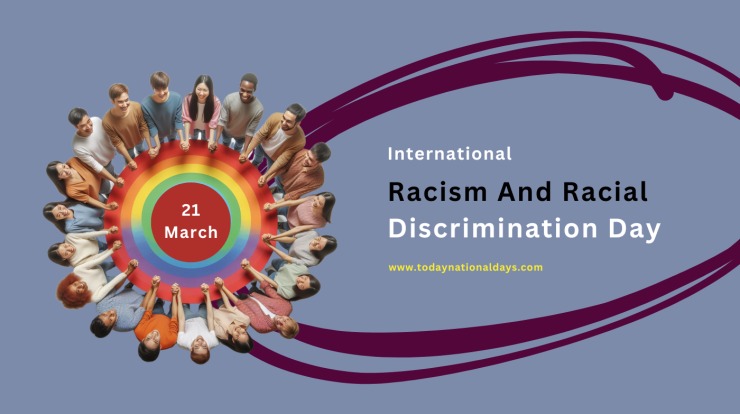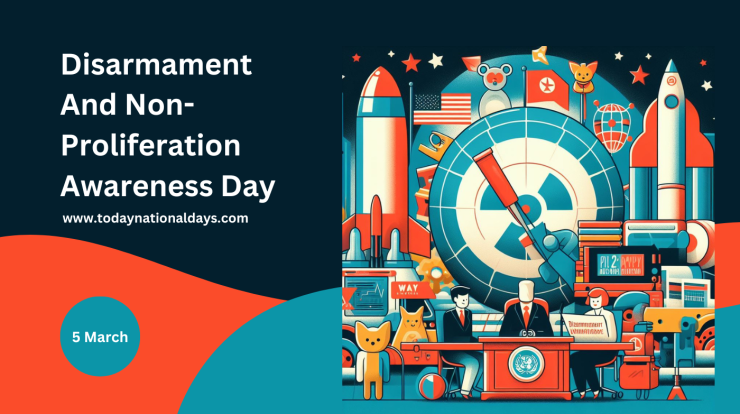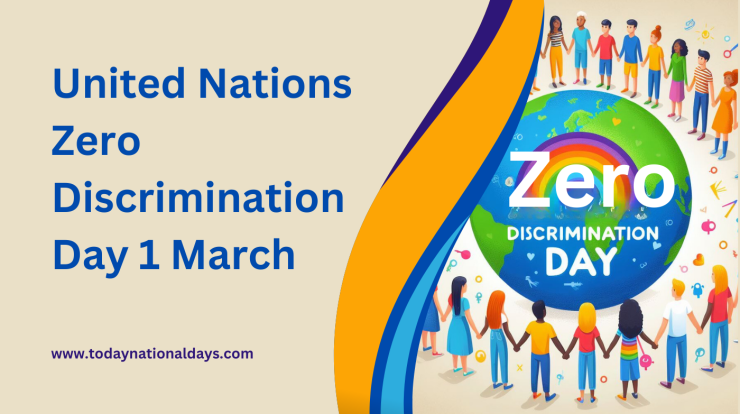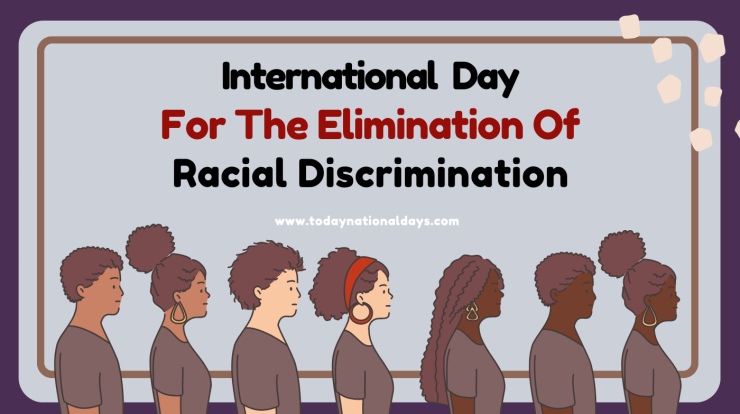
Learn about the events and initiatives happening on International Combat Islamophobia Day and be part of the change. The March 15th Forum urges businesses to help combat Islamophobia by promoting unity, tolerance, and solidarity.
They’ve called on companies worldwide to join their convention and share a written or video statement supporting the International Day to Combat Islamophobia.
Businesses can either host their prominent events for this day or support those organized by the March 15th Forum.
UN General Secretary António Guterres highlighted the importance of this day, calling for action against anti-Muslim hatred and stressing that discrimination harms everyone. He urged people to unite against these divisive forces and reaffirm our shared humanity.
In 2023, there was a troubling increase in Islamophobic incidents, such as Quran burnings, mosque attacks, and violence against Muslims and Palestinian rights supporters. The March 15th Forum, named after the UN-designated date of March 15th, led the way with numerous high-profile events to tackle Islamophobia.
The Forum believes that businesses profiting from the Muslim community must fight Islamophobia and prove they are not engaging in discrimination. They argue that, like US laws, the responsibility to demonstrate this lies with the business community. This campaign is about accountability, not boycotts.
Sadly, many companies are not meeting these responsibilities. The Forum invited over 200 companies from the USA, UK, India, UAE, Indonesia, and Malaysia, but most ignored the call to participate in these significant events supporting Muslims. Details of the invited companies and their responses can be found on the Forum’s website.
What is Islamophobia?
Islamophobia involves fear, prejudice, and hatred towards Muslims, leading to hostility and abuse both online and offline. It’s driven by institutional, ideological, political, and religious biases, resulting in structural and cultural racism that targets symbols of Muslim identity.
This definition connects institutional Islamophobia to visible signs of Muslim identity and interprets it as a form of racism, viewing Islamic culture as a threat to Western values.
To preserve free speech, some experts favor using “anti-Muslim hatred” over “Islamophobia,” recognizing that Islamophobia could also affect non-Muslims based on their perceived nationality or ethnicity. They highlight the broader impact of such discrimination beyond the Muslim community. International human rights laws protect individuals rather than religions.
History Of International Combat Islamophobia Day
Islamophobia is the dislike, fear, or prejudice against Islam or Muslims, often linked to geopolitical issues or terrorism. The definition of “Islamophobia” is debated: some see it as a form of xenophobia or racism, while others argue it isn’t because religion is not a race.
Today, Islamophobia is seen as a new form of racism, marked by xenophobia, negative profiling, and stereotypes about Muslims. Gender also plays a role, with Muslim women and girls facing increased targeting due to their clothing, driven by the stereotype that Muslim women are oppressed and need liberation.
Guyana’s ambassador to the U.N. General Assembly stressed that designating an international day to combat Islamophobia is vital. This day aims to address the negative impacts of Islamophobia, such as limited access to jobs, housing, and education, and to combat rising violence against Muslims globally.
The U.N. resolution stresses the importance of not associating terrorism with any religion, nationality, ethnicity, or civilization. It urges global collaboration to foster tolerance and peace, calling on countries, U.N. bodies, civil society, the private sector, and faith-based organizations to organize awareness-raising events to combat Islamophobia.
A Rising Tide of Anti-Muslim Hate
Consistently, UN Secretary-General António Guterres condemns global acts of anti-Muslim hatred and bigotry, recognizing their impact on Jews, minority Christian communities, and others. He emphasizes the widespread nature of these troubling trends.
On the International Day to Combat Islamophobia, Guterres highlighted that Muslims face institutional discrimination and violations of their human rights. He emphasized that divisive rhetoric and misrepresentation stigmatize communities, and online hate speech often leads to real-life violence.
Guterres urged leaders and individuals to take a firm stance against bigotry, condemning inflammatory speech and safeguarding religious freedom. He emphasized the importance of promoting mutual respect and understanding among communities.
He also stressed that digital platforms need to combat hateful content and protect users from harassment.
To further these efforts, the General Assembly has adopted a resolution requesting the appointment of a United Nations Special Envoy to Combat Islamophobia.
Hate Speech And Violence Online And Offline
In response to the rising trend of hate speech worldwide, the UN Secretary-General launched the United Nations Strategy and Plan of Action on Hate Speech in 2019.
Volker Türk, the UN Human Rights Chief, voiced worry about the surge in global hatred, including anti-Semitism and Islamophobia. His concerns arose after the Israeli military operation in Gaza commenced on October 7, responding to attacks by Palestinian armed groups.
Turk condemned the surge in hate speech, violence, and discrimination both online and offline. He emphasized that states must ensure a safe space for participation and debate, in line with the International Covenant on Civil and Political Rights (ICCPR).
Lack Of Policies To Promote Diversity
According to the latest report by UN Special Rapporteur Nazila Ghanea, states must actively address religious hatred while upholding human rights. She emphasized the necessity of enacting laws to prevent the advocacy of religious hatred, which can fuel discrimination, hostility, or violence, while cautioning that laws alone are insufficient.
Ghanea suggests that states should also adopt policies and programs promoting diversity and freedom of expression, particularly in multicultural societies.
She suggests collecting data on hate speech, combating discriminatory speech, and investing in trust-building efforts. Furthermore, she suggests reviewing legislation and policies while ensuring that state actors are held accountable for hate speech.
Former UN Special Rapporteur Ahmed Shaheed emphasized a surge in suspicion, discrimination, and outright hatred towards Muslims since the 9/11 attacks and other incidents of terrorism attributed to Islam. This alarming trend has reached epidemic proportions, according to his report.
Countering Islamophobia

As Islamophobia grows, the global community must intensify efforts to combat discrimination against Muslims. Canada has taken concrete steps to address anti-Muslim racism, including forming a task force, funding research and community projects, and passing laws against hate speech to protect religious minorities.
In the UK, a cross-government working group focuses on combating anti-Muslim hatred and funding initiatives to bolster interfaith dialogue and assist Muslim communities.
Insufficient education and media literacy contribute to the rise of Islamophobia. Inadequate legislation to protect religious minorities also plays a role. To address these issues, several concrete steps can be taken:
1. Education: Incorporate lessons on Islam, its history, and its contributions to society into school curricula to dispel myths and promote interfaith harmony.
2. Legislation: Implement and enforce laws that prohibit discrimination against Muslims in various areas of society, providing legal recourse for victims of Islamophobia.
3. Dialogue and Engagement: Facilitate interfaith events, cultural festivals, and other activities to foster mutual understanding and respect between Muslims and non-Muslims.
4. Media Literacy: Let’s urge media outlets to avoid incendiary language and prioritize programs that empower citizens to critically evaluate media, distinguishing fact from propaganda.
5. Support for Muslim Communities: Promote and protect Muslim cultural and religious practices, fund community programs, and safeguard their rights.
By taking these steps, the international community can work towards reducing Islamophobia and fostering a more inclusive and respectful society.
Conclusion Of International Combat Islamophobia Day
The establishment of International Combat Islamophobia Day is a crucial advancement in combating discrimination, hatred, and violence against Muslims globally. Recognizing and addressing challenges within Muslim communities can help foster a more inclusive, tolerant, and peaceful society worldwide.
It’s a day reminding us of the vital need for solidarity, mutual respect, and understanding across diverse faiths and backgrounds. This reminder underscores the importance of fostering unity and empathy in our global community.
Let’s unite to combat Islamophobia and celebrate diversity. Everyone deserves to be treated with dignity and respect. This opportunity calls for collective action in fostering inclusivity and understanding.
FAQs of International Combat Islamophobia Day
1. What Is The International Day On 15 March?
March 15 is officially designated as the International Day to Combat Islamophobia by the United Nations General Assembly. This recognition follows a resolution backed by 60 member states of the Organization of Islamic Cooperation (OIC).
2. What Is The Theme Of The International Day To Combat Islamophobia?
Guterres’ message for the International Day to Combat Islamophobia highlights institutional discrimination and human rights violations against Muslims. He underscores the role of divisive rhetoric, misrepresentation, and online hate speech in fueling real-life violence and stigmatizing communities.
3. What Is The Resolution On Measures To Combat Islamophobia?
The resolution urges UN member states to combat religious intolerance, negative stereotypes, and hatred against Muslims. It emphasizes the need to prohibit incitement to violence and violence based on religion or belief by law.






